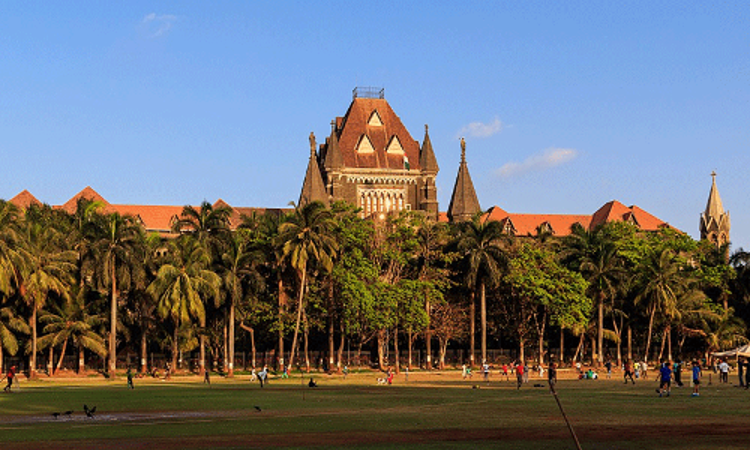5 Reasons Why Bombay High Court Cancelled Common Entrance Test for Junior College Admissions
Sharmeen Hakim
10 Aug 2021 9:56 PM IST

Next Story
10 Aug 2021 9:56 PM IST
The Bombay High Court on Tuesday quashed the Maharashtra Government's notification to conduct a Common Entrance Test (CET) for students from all boards seeking junior college or class XI admissions in Maharashtra. A division bench of Justices RD Dhanuka and RI Chagla directed the State to, instead, complete the admission process based on marks secured by standard X students through...
